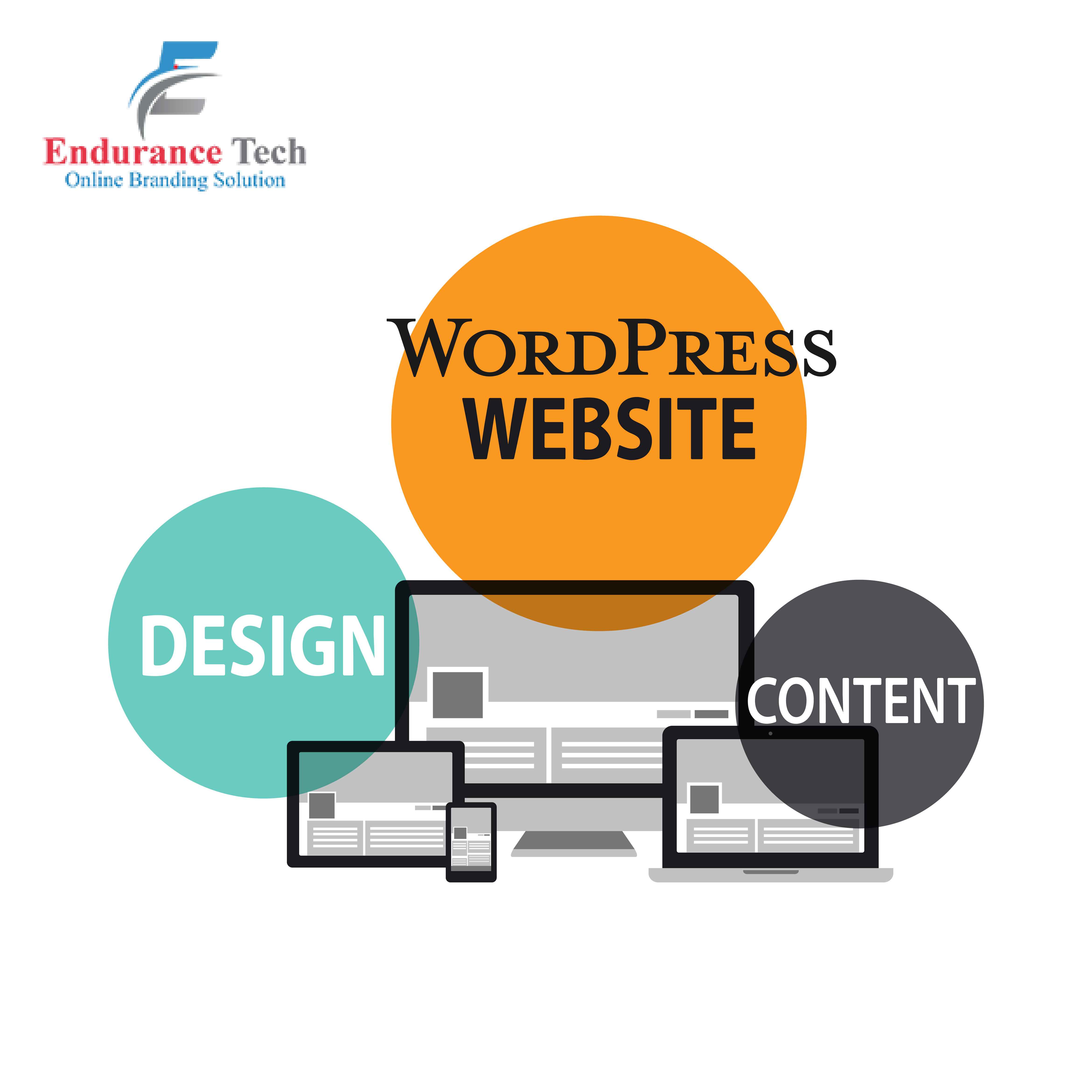

The foundation of a successful WordPress site starts with choosing a reliable hosting provider. A fast and secure web host ensures that your site loads quickly and remains online without interruptions, which is crucial for both user experience and SEO. Search engines, particularly Google, prioritize websites that offer fast load times and high uptime. Make sure to select a hosting provider known for its speed, reliability, and excellent customer support.
Your WordPress theme plays a significant role in your site’s SEO. An SEO-friendly theme is lightweight, responsive, and optimized for speed. It should also be compatible with the latest SEO plugins and follow the best coding practices. Themes that are bloated with unnecessary code or scripts can slow down your website, negatively impacting your SEO. Choose a theme that is clean, responsive, and optimized for both mobile and desktop devices.
SEO plugins like Yoast SEO, All in One SEO Pack, or Rank Math are essential tools for WordPress sites. These plugins provide comprehensive SEO features, including keyword optimization, XML sitemap generation, meta tag management, and readability analysis. They guide you through optimizing each post and page on your site, helping you improve content quality and ensure that your site follows SEO best practices.
Content is the backbone of SEO. To optimize your WordPress site, you need to create high-quality, valuable content that incorporates relevant keywords. Conduct thorough keyword research to identify the terms and phrases your target audience is searching for. Use these keywords naturally within your content, including in headings, subheadings, meta descriptions, and image alt text. Avoid keyword stuffing, as it can lead to penalties from search engines.
Page speed is a critical factor in SEO rankings. A slow-loading site can lead to higher bounce rates, which negatively affects your SEO. Use tools like Google PageSpeed Insights or GTmetrix to analyze your site’s speed and identify areas for improvement. Simple actions like optimizing images, using a content delivery network (CDN), minimizing HTTP requests, and enabling browser caching can significantly improve your site’s load time.
With mobile searches surpassing desktop searches, having a mobile-friendly website is essential for SEO success. Google uses mobile-first indexing, which means it primarily uses the mobile version of the content for indexing and ranking. Ensure your WordPress site is responsive, meaning it adjusts seamlessly to different screen sizes. Test your site’s mobile-friendliness using Google’s Mobile-Friendly Test tool and make any necessary adjustments.
Large images can slow down your site, negatively impacting your SEO. To optimize images, use compressed formats like JPEG or PNG and reduce the file size without compromising quality. Additionally, use descriptive filenames and include relevant keywords in the image alt text. This helps search engines understand the content of your images and improves your chances of appearing in image search results.
Internal linking helps search engines understand the structure of your site and the relationship between different pages. It also keeps visitors on your site longer by directing them to related content. Ensure your internal links are relevant and provide value to the reader. Additionally, include a few authoritative external links to credible sites. This can enhance your content’s credibility and SEO.
An XML sitemap is a roadmap of your website that helps search engines find, crawl, and index all the important pages on your site. WordPress SEO plugins like Yoast SEO and Rank Math can automatically generate an XML sitemap for you. Submit this sitemap to Google Search Console and Bing Webmaster Tools to help search engines index your site more effectively.
Security is a significant ranking factor for search engines. Enabling SSL (Secure Sockets Layer) on your WordPress site is crucial for SEO. SSL encrypts the data transferred between your website and its users, providing a secure connection. Websites with HTTPS (Hypertext Transfer Protocol Secure) are more trusted by users and are given preference in search engine rankings.
Regularly monitoring your site’s SEO performance is essential to identify what’s working and what needs improvement. Use tools like Google Analytics and Google Search Console to track key metrics such as organic traffic, bounce rate, average session duration, and keyword rankings. Analyzing this data allows you to make data-driven decisions to improve your SEO strategy continuously.
Optimizing your WordPress site for SEO is a continuous process that involves both on-page and off-page strategies. By following these tips from Vivek Shukla, CEO of Endurance Tech, you can enhance your website’s visibility, improve its search engine rankings, and drive more organic traffic. Remember, SEO is not a one-time effort but an ongoing commitment to providing valuable, high-quality content and a great user experience. By implementing these strategies, you’re on your way to SEO success. If you need professional assistance in optimizing your WordPress site, consider reaching out to Endurance Tech for expert guidance and support.
Author:- Alok Pandey
3 thoughts on “How to Optimize Your WordPress Site for SEO Success?”